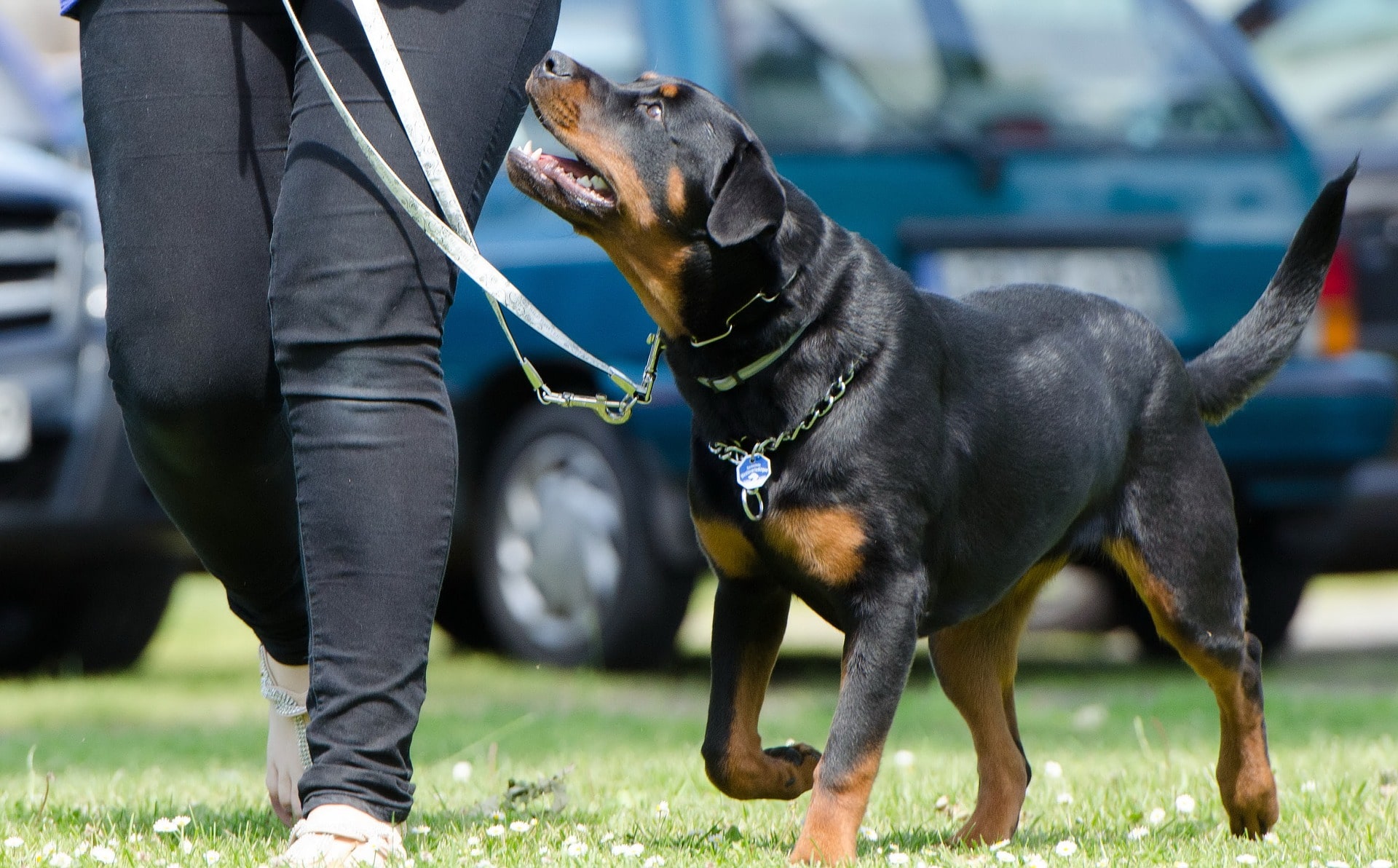
If you own a complicated canine, you’ll have been told at some point to engage the services of a behavioural trainer. These trainers are meant to be better than a normal trainer when it comes to specific issues that arise from behaviour traits, rather than a lack of training.
So, if you want your dog to sit and stay, your local obedience club can help, but if your dog starts to show aggression, anxiety or other challenging behaviours then you may need to step up your training game and get some help. I kind of align it with the need for a speech therapist if a child is having issues speaking. You wouldn’t send them to school and hope the teacher could sort it out as they are not a specialist in that field, and your local obedience club will not specialise in behavioural issues.
But, when you look for a suitable trainer there is one big thing you MUST find out. Are they experienced and qualified? The dog training industry is unregulated, meaning any Tom, Dick or Harry can call themselves a dog trainer, make a FB page and start “training” your dog. Didn’t know? Well, yep, anyone….
With so many under socialised Covid puppies and many people seeking quick fixes, people are literally coming out of the woodwork claiming that they are specialists in aggression, anxiety and dog and human reactivity, but in reality it takes many years of experience and alot of education to be qualified in this.
“I’m a Behavioural trainer” has become the new buzz phrase of 2021.
Myths about behavioural issues
Dogs can be fixed
Some people believe that a dog’s behaviour can be “fixed” and that they will miraculously be a “normal” dog after a few sessions. If a trainer tells you this, you may find they are the wrong person for the job. Some traits are hard wired in, and although you can improve them, and work out ways to lessen the reaction to a trigger, some will never be completely gone. Remember, your dog isn’t “broken” it’s struggling.
Reactive dogs are just untrained
This is 100% untrue. I have seen many reactive, anxious or fearful dogs compete in agility, obedience, herding etc. They do brilliantly one on one with their owner, they just don’t play well in break times. They are disciplined, loyal and smart, they are just wired differently.
Medication will solve it
Behavioral medication is meant to help adjust the chemicals in your dog’s brain to allow them to focus and learn, much like anxiety medications for humans. It will never make the anxiety, fear or reaction just disappear. What it hopes to do is allow your pup to be less fearful and therefore more receptive to training and redirection.
So how do you choose a trainer?
Check their background
The easiest way to check on this is to ask for qualifications and check out their training videos. Make sure in their videos they are training for the issues you are having with your dog, not just listing them on their website.
Many trainers list dog aggression, human aggression and lunging, but all their videos are focussed on standard commands like sit, and watch and therefore are of no use to someone with a trained dog, that still shows aggression.
Talk to them
There are some fantastic, knowledgeable trainers in Australia and you’ll get a sense of that with a conversation. You’ll figure out quickly if they understand your issue, are willing to listen to you and would fit your dog.
Have a meet and greet
Watch how they interact with your dog, and how your dog interacts with them. If you know your dog is more fearful of men, find a female trainer. If they don’t like loud noises, let your trainer know beforehand so they are prepared.
There are some wonderful trainers out there doing amazing things for pups that need a little extra help, so choosing the right one is paramount. You are your dog’s best advocate and you owe it to them to place them in the hands of an experienced, qualified trainer that knows how to interact with your dog. The wrong trainer could set you back in your training, but the right behavioural specialist will help you see the best in your pup and help them have the best life they can.



 Blog
Blog

